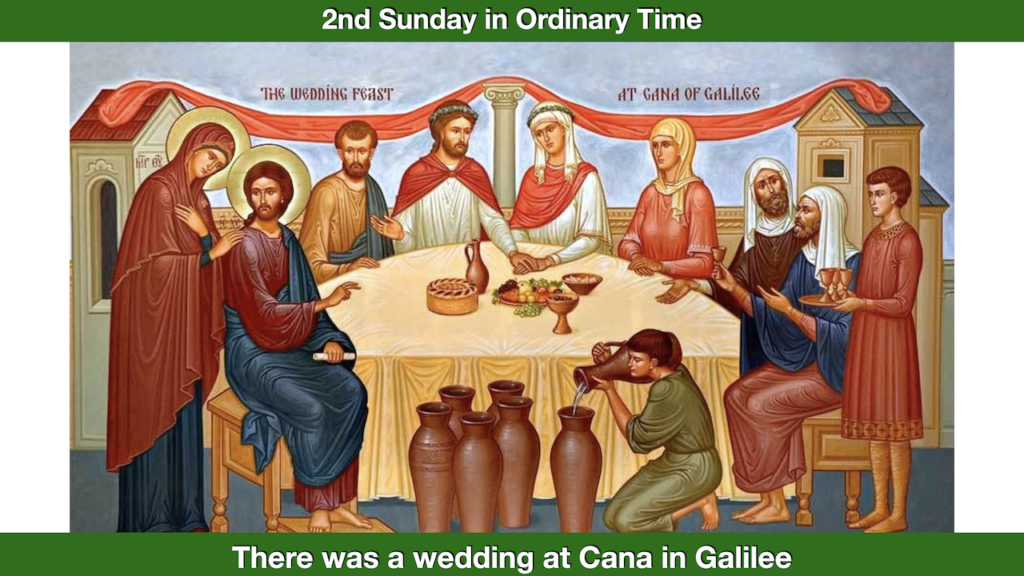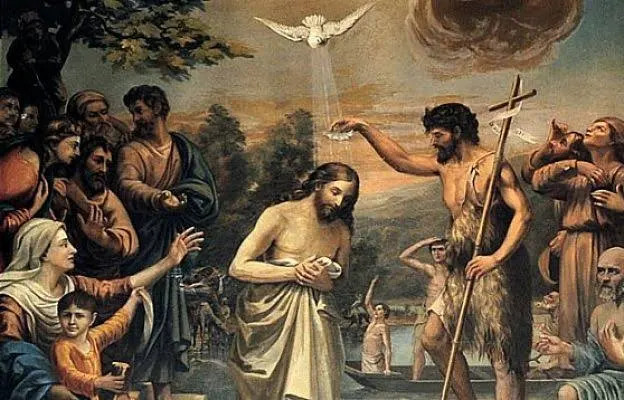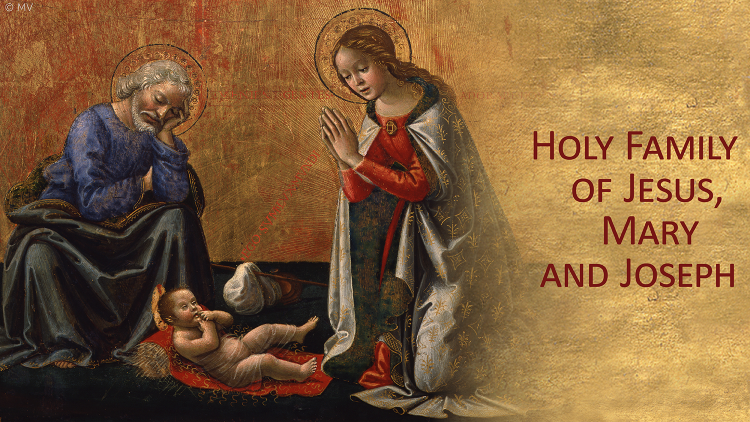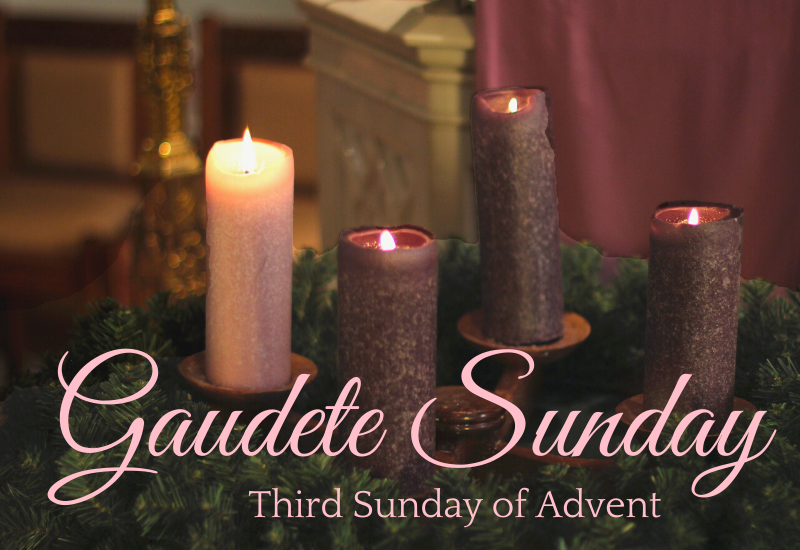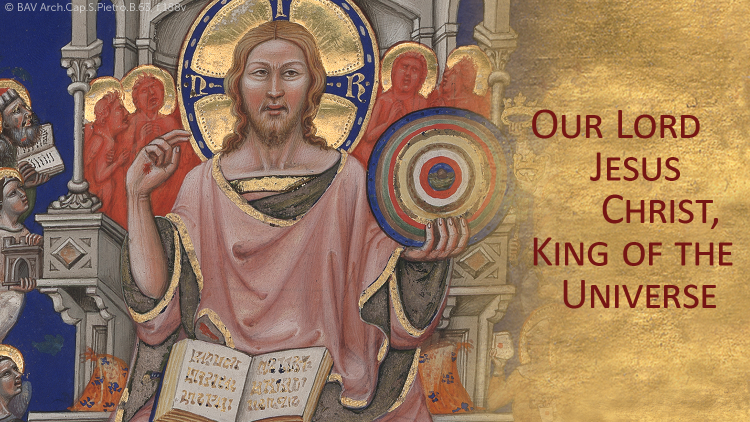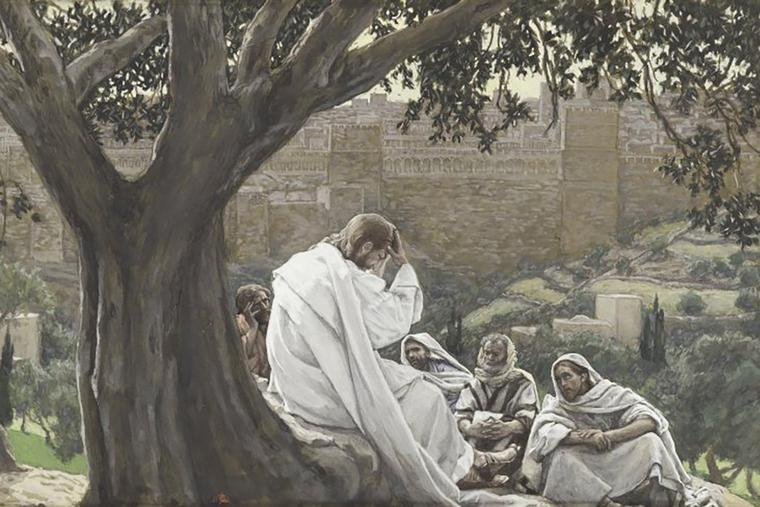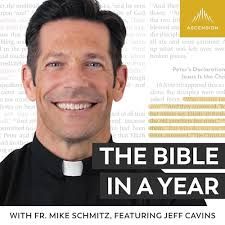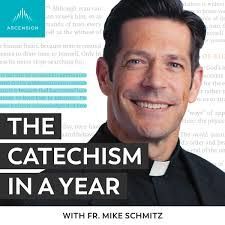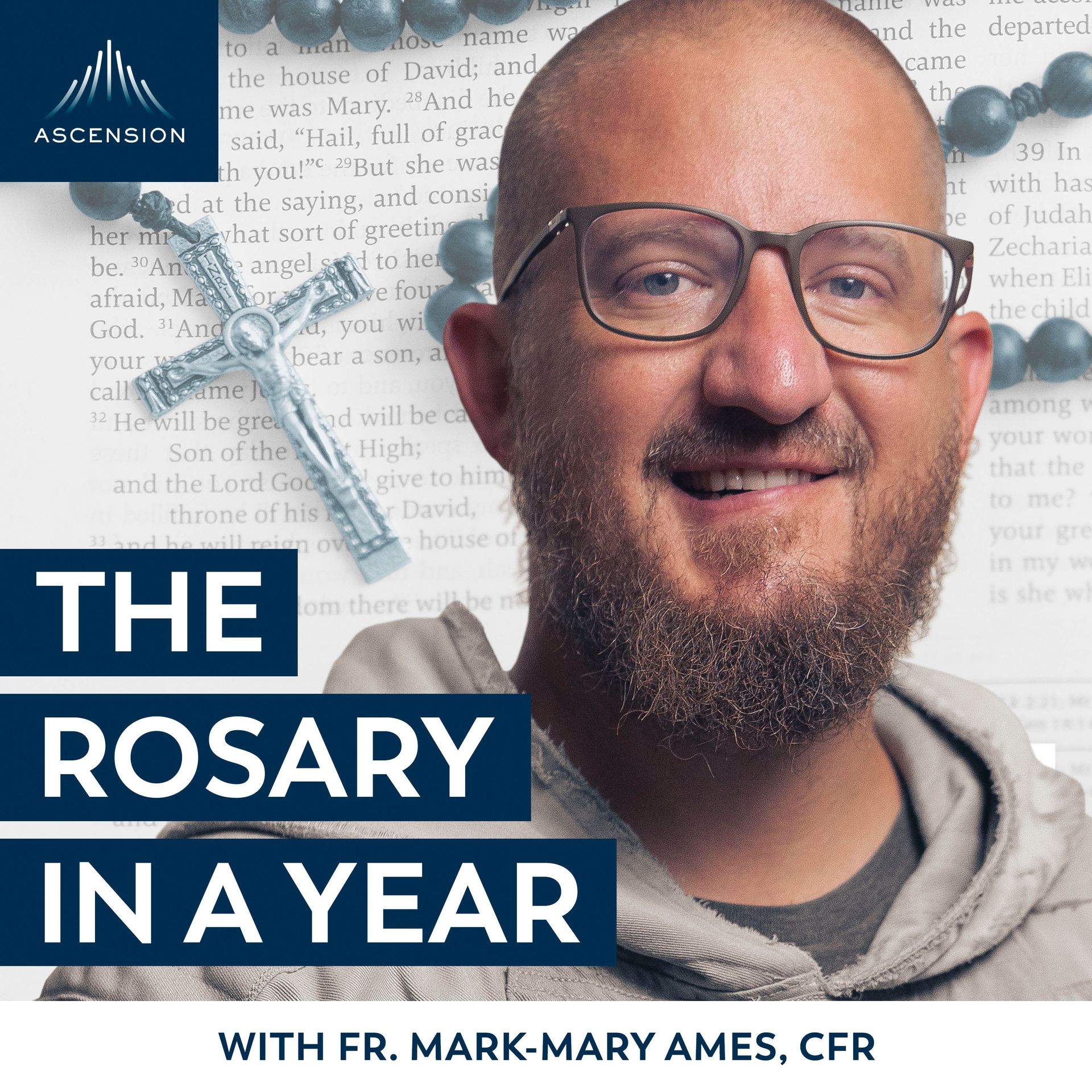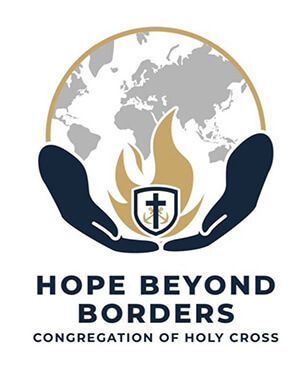Twenty-Third Sunday in Ordinary Time, September 10, 2023
Dear Friends,
On the 23rd Sunday, the Church invites us to reflect on the importance of reconciliation in the life of a community. Each one of us has a responsibility for each of our brothers and sisters when they need mercy. Jesus continues to be present in our gatherings. As we come to September 11, we remember those who died on that dark day that changed the fabric of our nation. Darkness still hovers over us in various forms. Let us pray for the light of Christ to dispel the darkness everywhere. We also pray for those who died on the Island of Maui in the fire disaster.
As we gather to worship our Lord, we thank Him for the 50 years of service rendered by Msgr. Joseph Goode , the brother of Maureen Shields. We offer our congratulations to him and thank him for his ministry. We welcome Fr. Patrick Costello, who will also join us in our worship.
Special welcome to Fr. Peter Jarret, C.S.C. , the Vice-Provincial of the US Province of Brothers and Priests of the Congregation of Holy Cross. Fr. Vincent and I are grateful to him for his ministry to us, and for praying with us and for us this weekend.
Let us now move forward with the Post-Synodal Apostolic Exhortation of Pope Benedict XVI entitled: Sacramentum Caritatis. Have a Blessed Week!
With love,
Fr. John
W e e k 11 — SA C R A M E N T U M C A R I T AT I S ( TH E SA C R A M E N T O F C H A R I T Y : T H E E U C H AR I ST )
CONTINUATION OF THE POST-SYNODAL APOSTOLIC EXHORTATION SACRAMENTUM CARITATIS OF THE HOLY FATHER BENEDICT XVI TO THE BISHOPS, CLERGY, CONSECRATED PERSONS AND THE LAY FAITHFUL ON THE EUCHARIST AS THE SOURCE AND SUMMIT OF THE CHURCH'S LIFE AND MISSION
P A R T O N E : T H E E U C H A R I ST — A M Y ST E R Y T O B E B E L I E V E D ( c on t i n u e d )
“This is the work of God: that you believe in whom he has sent.” (Jn 6:29)
- THE EUCHARIST AND MATRIMONY
THE EUCHARIST, A NUPTIAL SACRAMENT
- The Eucharist, as the sacrament of charity, has a particular relationship with the love of man and woman united in A deeper understanding of this relationship is needed at the present time. (83) Pope John Paul II frequently spoke of the nuptial character of the Eucharist and its special relationship with the sacrament of Matrimony: "The Eucharist is the sacrament of our redemption. It is the sacrament of the Bridegroom and of the Bride." (84) Moreover, "the entire Christian life bears the mark of the spousal love of Christ and the Church. Already Baptism, the entry into the People of God, is a nuptial mystery; it is so to speak the nuptial bath which precedes the wedding feast, the Eucharist." (85) The Eucharist inexhaustibly strengthens the indissoluble unity and love of every Christian marriage. By the power of the sacrament, the marriage bond is intrinsically linked to the eucharistic unity of Christ the Bridegroom and his Bride, the Church (cf. Eph 5:31-32). The mutual consent that husband and wife exchange in Christ, which establishes them as a community of life and love, also has a eucharistic dimension. Indeed, in the theology of Saint Paul, conjugal love is a sacramental sign of Christ's love for his Church, a love culminating in the Cross, the expression of his "marriage" with humanity and at the same time the origin and heart of the Eucharist. For this reason the Church manifests her particular spiritual closeness to all those who have built their family on the sacrament of Matrimony. (86) The family – the domestic Church (87) – is a primary sphere of the Church's life, especially because of its decisive role in the Christian education of children . (88) In this context, the Synod also called for an acknowledgment of the unique mission of women in the family and in society, a mission that needs to be defended, protected and promoted. (89) Marriage and motherhood represent essential realities which must never be denigrated.
THE EUCHARIST AND THE UNICITY OF MARRIAGE
- In the light of this intrinsic relationship between marriage, the family and the Eucharist, we can turn to several pastoral The indissoluble, exclusive and faithful bond uniting Christ and the Church, which finds sacramental expression in the Eucharist, corresponds to the basic anthropological fact that man is meant to be definitively united to one woman and vice versa (cf. Gen 2:24, Mt 19:5). With this in mind, the Synod of Bishops addressed the question of pastoral practice regarding people who come to the Gospel from cultures in which polygamy is practiced. Those living in this situation who open themselves to Christian faith need to be helped to integrate their life-plan into the radical newness of Christ. During the catechumenate, Christ encounters them in their specific circumstances and calls them to embrace the full truth of love, making whatever sacrifices are necessary in order to arrive at perfect ecclesial communion. The Church accompanies them with a pastoral care that is gentle yet firm, (90) above all by showing them the light shed by the Christian mysteries on nature and on human affections.
(83) John Paul II, Post-Synodal Apostolic Exhortation Familiaris Consortio (22 November 1981), 57: AAS 74 (1982), 149-150.
(84) Apostolic Letter Mulieris Dignitatem (15 August 1988), 26: AAS 80 (1988), 1715-1716.
(85) Catechism of the Catholic Church, 1617
(86) Propositio 8.
(87) Second Vatican Ecumenical Council, Dogmatic Constitution on the Church Lumen Gentium, 11.
(88) Propositio 8.
(89) John Paul II, Apostolic Letter Mulieris Dignitatem (15 August 1988): AAS 80 (1988), 1653-1729; Congregation for the Doctrine of the Faith, Letter to the Bishops of the Catholic Church on the Collaboration of Men and Women in the Church and in the World (31 May 2004): AAS 96 (2004), 671-687.
(90) Cf. Propositio 9.
